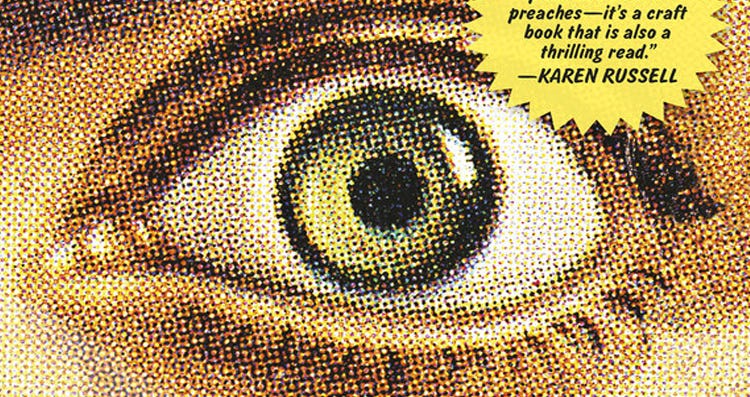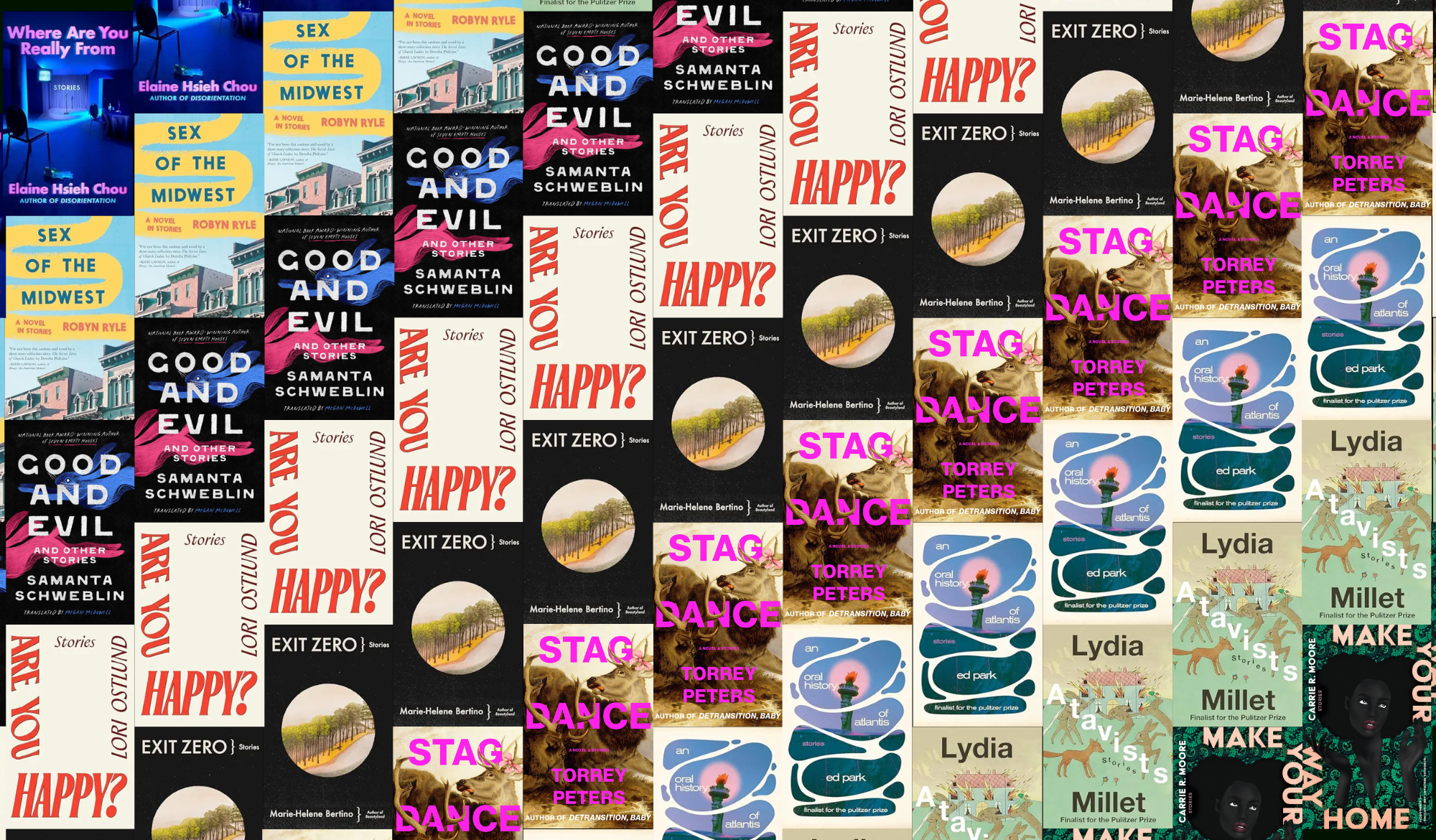Books & Culture
In Hot Pursuit of the Literary Thrill
In Thrill Me, Benjamin Percy seeks to educate and entertain with essays on the craft of fiction

Craft books are tricky. In an era inundated with YouTube tutorials, WikiHow entries, life hack listicles, and Reddit explainer threads, the act of keeping a reader interested for 150+ pages of how-tos — let alone bringing that reader to the book in the first place — is a tall order.
Enter Benjamin Percy’s Thrill Me: Essays on Fiction (Graywolf), which probably deserves a crunchier subtitle. (“How to Succeed in Writing Stories Without Really MFAing” and “How I Learned to Stop Fetishizing Realism and Love Genre Writing” are two descriptive, if egregious, non-contenders.) Percy’s bona fides are wide-ranging and robust. After cutting his teeth with The Wilding, a literary debut with a twist of the gothic, Percy jumped into the genre writing he’d loved as a kid with supernatural thriller Red Moon and post-apocalyptic road trip thriller The Dead Lands. He also writes the Green Arrow and Teen Titans series for DC Comics.
Thrills are Percy’s specialty and calling, in case you hadn’t noticed, and a plot that keeps the reader seeking answers is his Holy Grail. His appetite for skillful storytelling is admirably indiscriminatory. Over the 15 essays that make up Thrill Me, Percy cites authors ranging from T.S. Eliot to Annie Proulx and praises the plotting and execution of Steven Spielberg’s Jaws and Cormac McCarthy’s Blood Meridian in equal measure.
So, naturally, Percy endeavors to imbue these essays on the craft of fiction with the same sort of muscled tale-spinning found in both his favorite works and his own creations — and by and large, it’s a winning strategy. The prose, much of which was originally designed for delivery as lectures at writing workshops, is clean and clear, woven with an abundance of anecdotes and references that work as more than a perfunctory performance of subject knowledge. His textual exegesis, that gold standard of literary criticism, is crisp and pithy, serving the essays and their flows and rhythms rather than overwhelming with shows of erudition.
The book treads little new ground, but Percy makes style count, and the willingness to move beyond the standard-issue, well-worn “this is how fiction works” sort of deal is a huge boon — in other words, you’ll find no James Woodsian paens to free indirect style here. Percy also stresses that while there are certain objective requirements for good fiction, personal preference is also a huge part of the writing and reading process. This makes the author relatable to an audience outside the typical gathering of literary minds, and his appreciation for the master storytellers of genre fiction — Stephen King, for instance — who he holds in equal esteem to more hifalutin authors like McCarthy and Proulx, Jhumpa Lahiri and George Saunders, is refreshing. Genre has long been belittled in the world of letters, and when accepted, that acceptance is usually grudging. Percy dives in head first, and his enthusiasm, in conjunction with his eye for substance and style and his skillful explication, prove a heady mix.
That said, for many writers, who comprise the typical audience of such a book, there’s not much new here. Thrill Me is comprehensive in its scope, touching on most of the important pieces of storycraft from stylistic choices to character development, but in part because it’s just over 170 pages, it simply doesn’t have the space to do more than just that — touch on. It does so with character and vigor, and with a joyful populist tone, but rarely does it delve deep.
Percy’s genre touchstones, too, often skim the surface, both in choice and content. While Jaws may rarely get a namecheck in a literary essay on narrative plotting, there’s more than enough film criticism available that better explains the genius of Robert Shaw’s U.S.S. Indianapolis monologue in terms of narrative construction and delivery. And Percy’s penchant for the neat wrap-up — multiple essays, including the titular essay, end with a line regurgitating their titles — occasionally grates.

That said, even when they feel a bit too easy, Percy’s essays are expertly constructed. They neatly balance the objective and subjective, formal and informal, literary and genre. They educate and entertain. They lead you quickly to the book’s end. They are, in other words, never boring. For a book entitled Thrill Me, that is just as it should be.









